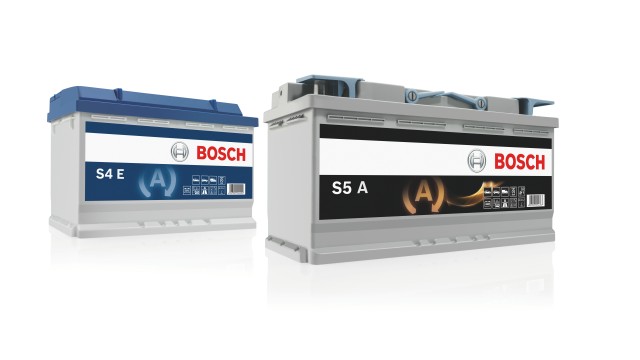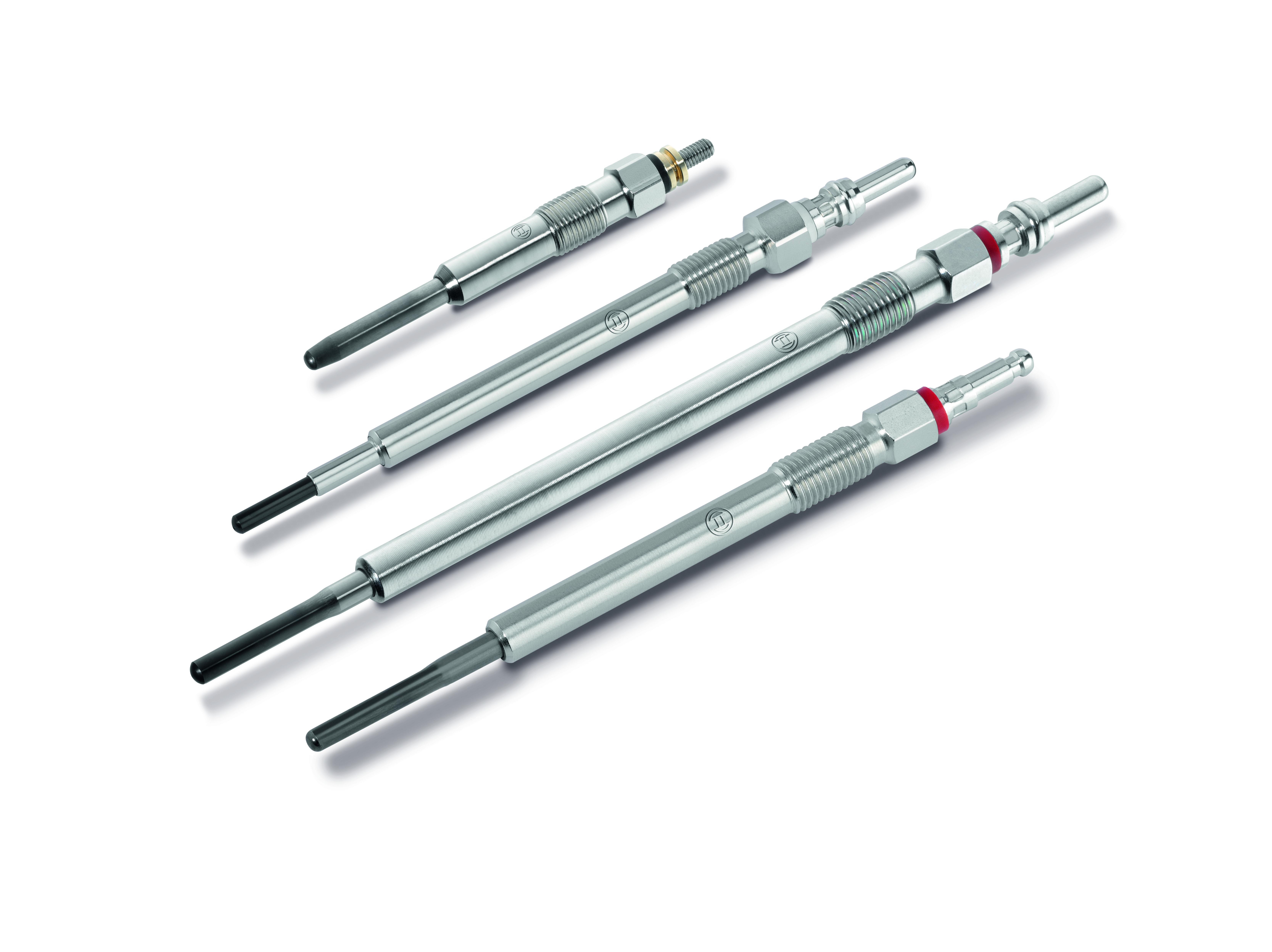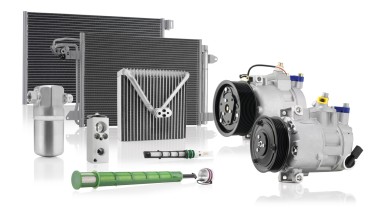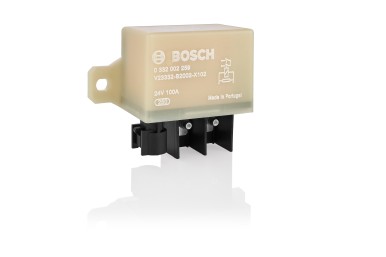Karlsruhe, Germany – For Bosch, this year marks not just one, but two anniversaries of products that have a long and successful history. Robert Bosch was quick to realize that diesel engines’ excellent efficiency made them well suitable for use in motor vehicles. The problem was that these engines had great difficulty with cold starts. The Bosch glow plug, which went into production in 1922, provided the solution by moving the pre-warming of the engine to the inside of the combustion chamber. It was also one hundred years ago that Bosch started producing starter batteries in the Stuttgart suburb of Feuerbach – initially for motorcycles and then, from 1927, for passenger cars.
Readers’ contact:
Robert Bosch GmbH
Automotive Aftermarket
Phone +49 9001 942010
E-mail: Kundenberatung.Kfz-Technik@de.bosch.com
Contact person for press inquiries:
Carolin Lüdecke,
Phone (+49) 721 942-3417
The Mobility Aftermarket division (MA) provides the aftermarket and repair shops worldwide with modern diagnostic and repair shop equipment and a wide range of spare parts – from new and exchange parts to repair solutions – for passenger cars and commercial vehicles. Its product portfolio includes products made as Bosch original equipment, products developed in-house and specifically manufactured for the aftermarket, as well as services. About 16,000 associates, as well as a global logistics network, ensure that spare parts reach customers quickly and on time. MA supplies testing and repair-shop technology, diagnostic software, service training, and information services. In addition, the division is responsible for the “Bosch Service” repair-shop franchise, one of the world’s largest independent chains of repair-shops, with some 13,000 workshops, and more than 1,000 “AutoCrew” partners in over 100 countries. In addition, with Bosch Classic, MA supports owners of classic cars with a wide range of spare parts and services.
Additional information can be accessed at www.boschaftermarket.com
The Bosch Group is a leading global supplier of technology and services. It employs roughly 417,900 associates worldwide (as of December 31, 2024). According to preliminary figures, the company generated sales of 90.5 billion euros in 2024. Its operations are divided into four business sectors: Mobility, Industrial Technology, Consumer Goods, and Energy and Building Technology. With its business activities, the company aims to use technology to help shape universal trends such as automation, electrification, digitalization, connectivity, and an orientation to sustainability. In this context, Bosch’s broad diversification across regions and industries strengthens its innovativeness and robustness. Bosch uses its proven expertise in sensor technology, software, and services to offer customers cross-domain solutions from a single source. It also applies its expertise in connectivity and artificial intelligence in order to develop and manufacture user-friendly, sustainable products. With technology that is “Invented for life,” Bosch wants to help improve quality of life and conserve natural resources. The Bosch Group comprises Robert Bosch GmbH and its roughly 470 subsidiary and regional companies in over 60 countries. Including sales and service partners, Bosch’s global manufacturing, engineering, and sales network covers nearly every country in the world. Bosch’s innovative strength is key to the company’s further development. At 136 locations across the globe, Bosch employs some 86,900 associates in research and development, of which nearly 48,000 are software engineers.
Additional information is available online at www.bosch.com, www.iot.bosch.com, www.bosch-press.com.








